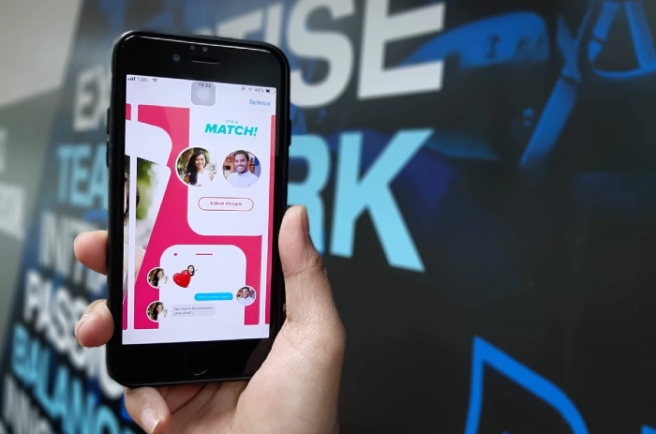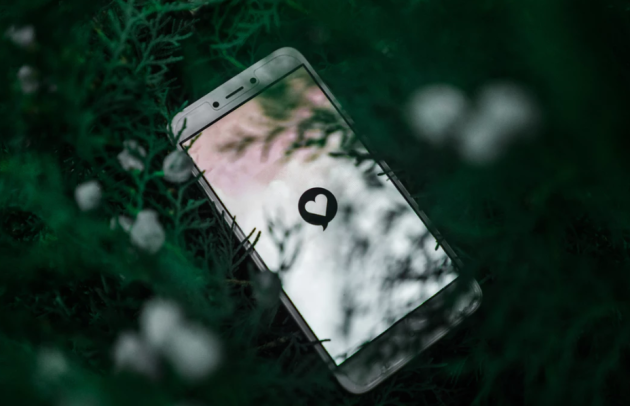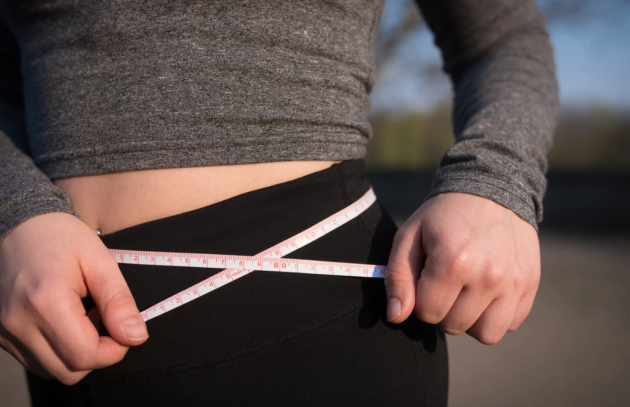
Apparently dating app users have less healthy attitudes to weight
A new study by eating disorder charity Beat suggests that dating app users are "more likely to have unhealthy attitudes to weight".
Those who use dating apps might be at a higher risk of controlling their weight through laxative use, fasting and vomiting, according to the research.
The American study is based on a survey of 1,700 adults. Beat stated that dating app users at risk of these habits needed to be offered support in order to reduce the risk of bad weight management habits developing.

Apps like OkCupid, Grindr, Tinder and Bumble have grown massively in popularity over the last couple of years, with men and women hoping to find romantic and sexual partners through swiping.
Physical appearance is one of the main attributes which dating app users evaluate when searching for a potential partner, with emphasis placed firmly on a person's image.
The study was published in the Journal of Eating Disorders, with researchers comparing the behaviour of those who used dating apps versus those who didn't.

Dating app users apparently have higher odds of engaging in six core unhealthy habits to control weight; vomiting, using laxatives, diet pills, using muscle-building supplements and anabolic steroids.
183 women and 209 men out of the 1,726 people surveyed claimed they used dating apps. Roughly half of men and women admitted to fasting in order to control their weight.
One-in-three men in that group and one-in-five women said they would vomit to control their calorie count. 40 percent of men and one-in-four women claimed to use laxatives…yikes.
The research also showed that men who used dating apps were more likely to use steroids and supplements to build up muscle, which isn't surprising considering the six-packs constantly displayed on reality shows like Love Island.
The lead author of the study from Harvard TH Chan School of Public Health, Dr Alvin Tran, said they found higher rates of unhealthy behaviours among ethnic minorities, interestingly.
"While we do not know if the people in our study were already engaging in these weight control behaviours before using dating apps, we worry that the use of these image and appearance-focused services could exacerbate those behaviours."

He continued;
"With the tremendous growth in dating app usage in the US, and an increasing number of studies linking their use to body image concerns and unhealthy weight control behaviours, there is a need to further understand how dating apps influence health behaviours and outcomes."
Tom Quinn, director external affairs at Beat, said they welcome studies which can help to identify triggers of eating disorders.

"Not everyone who uses unhealthy weight control behaviours will have an eating disorder, nor will they get one, but such behaviours can contribute to the development of the illnesses for people who are already vulnerable and can prevent recovery for those who are ill."
He added; "It is important to note that this research does not prove a causal link between dating apps and unhealthy weight control behaviours.
"Nevertheless, it is important that dating app users who may be at risk of eating disorders are directed to sources of support."






